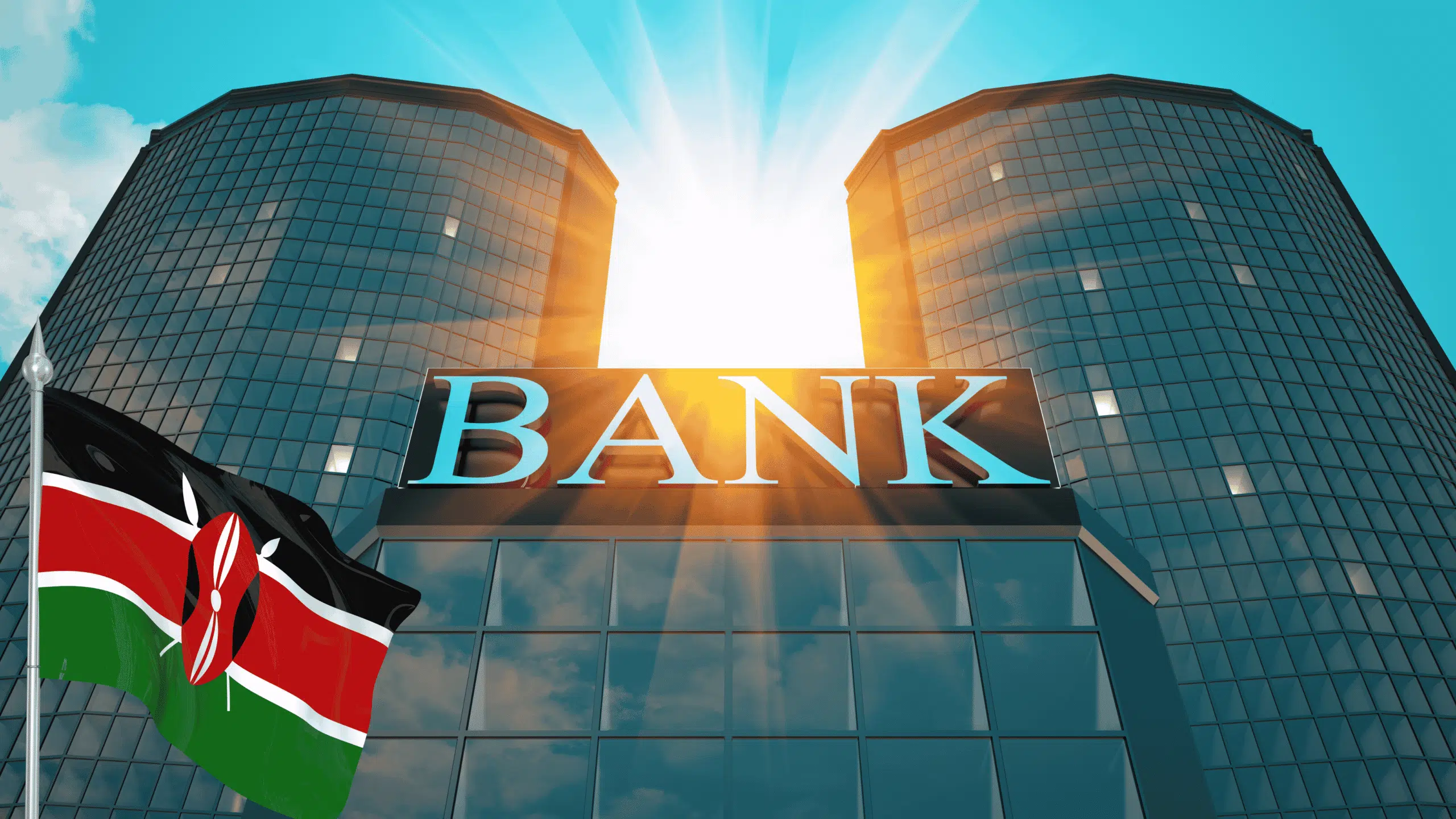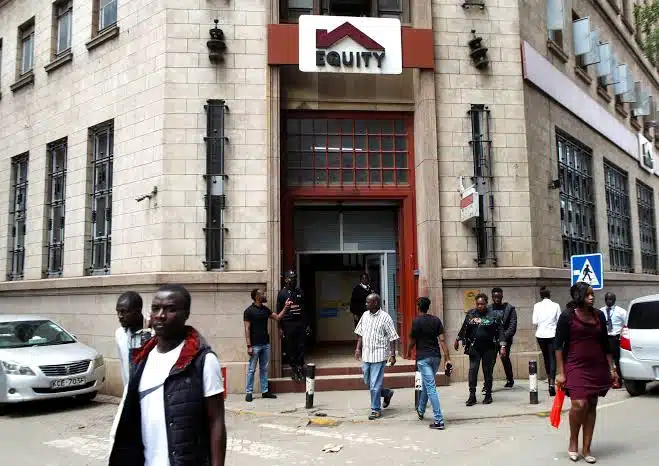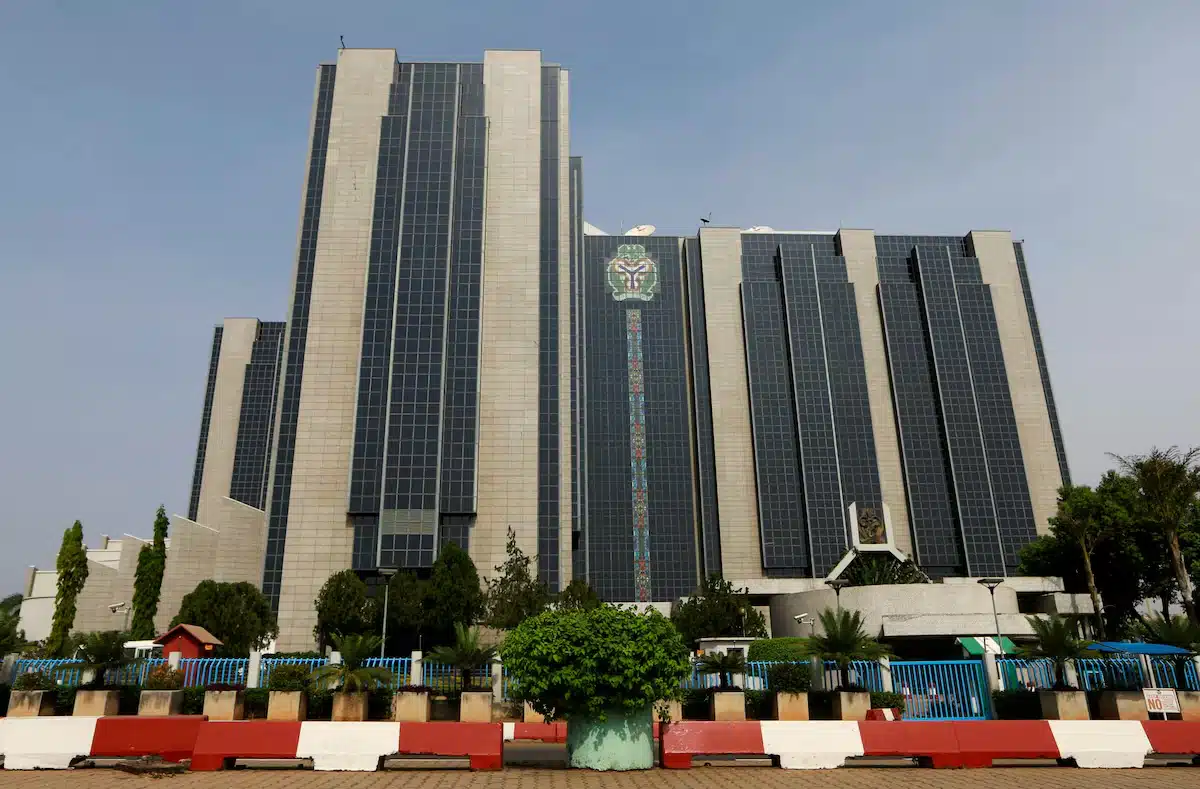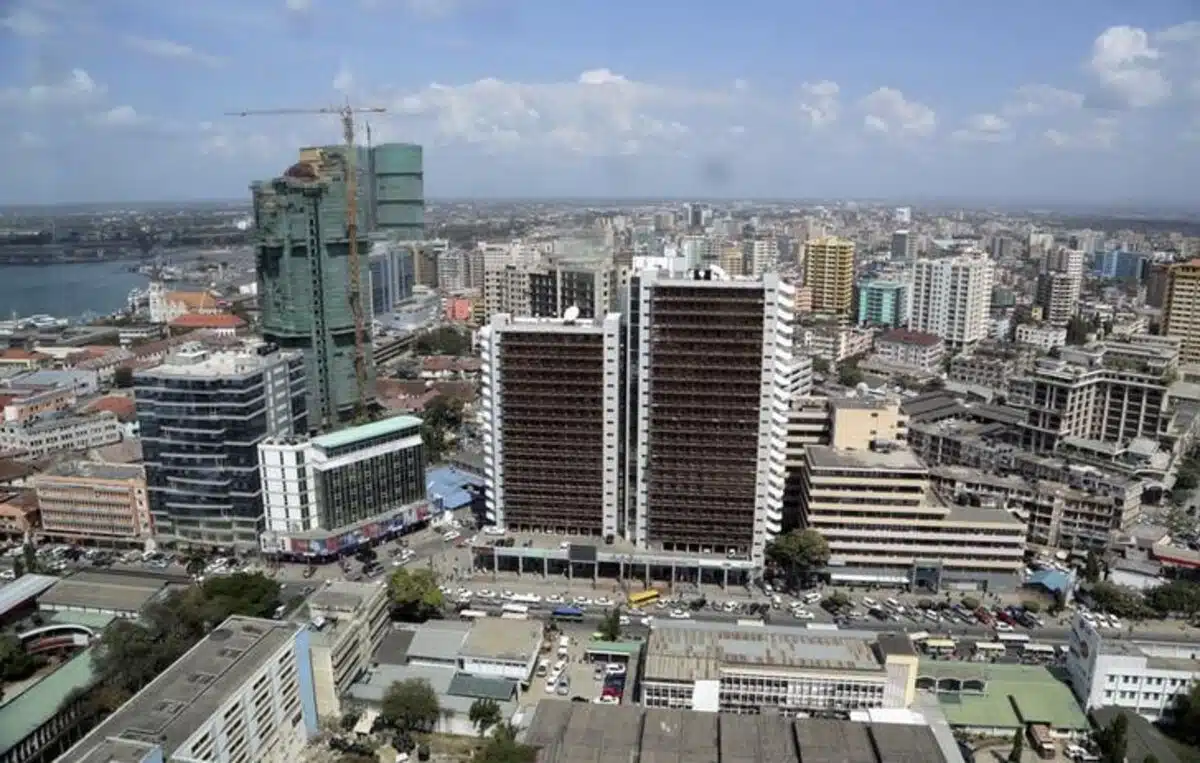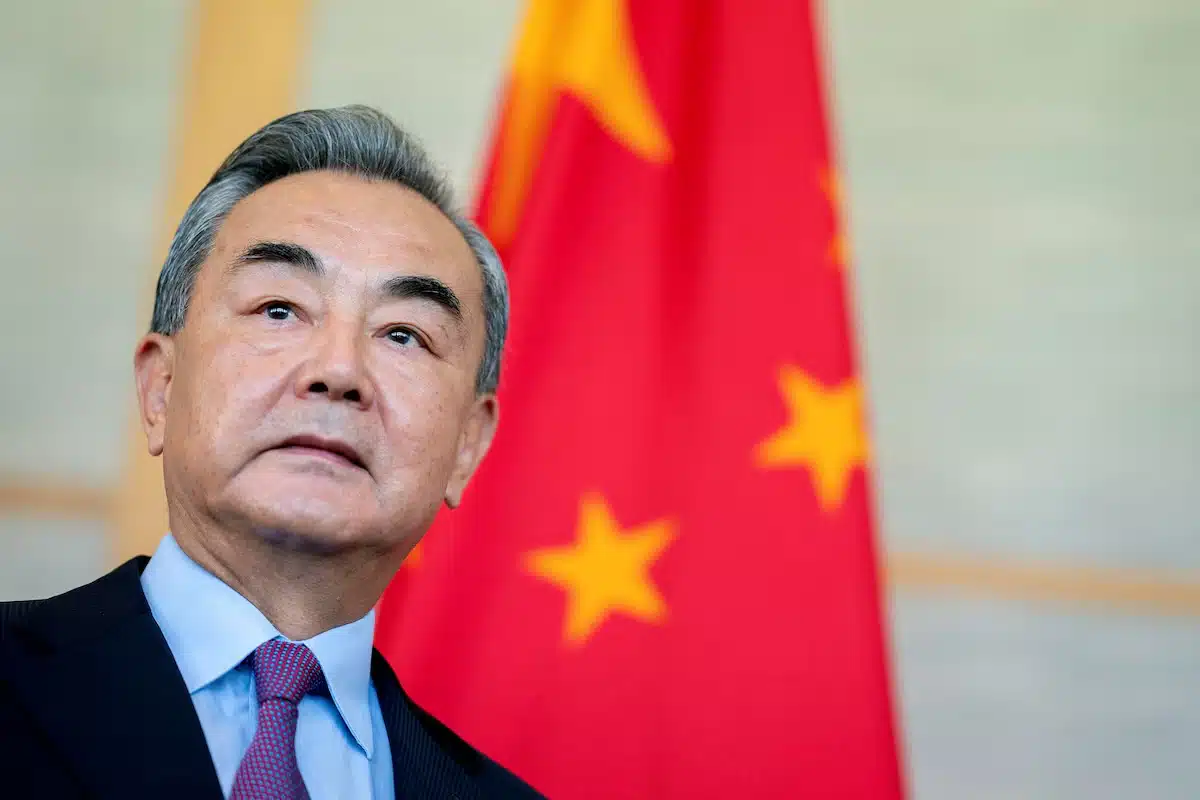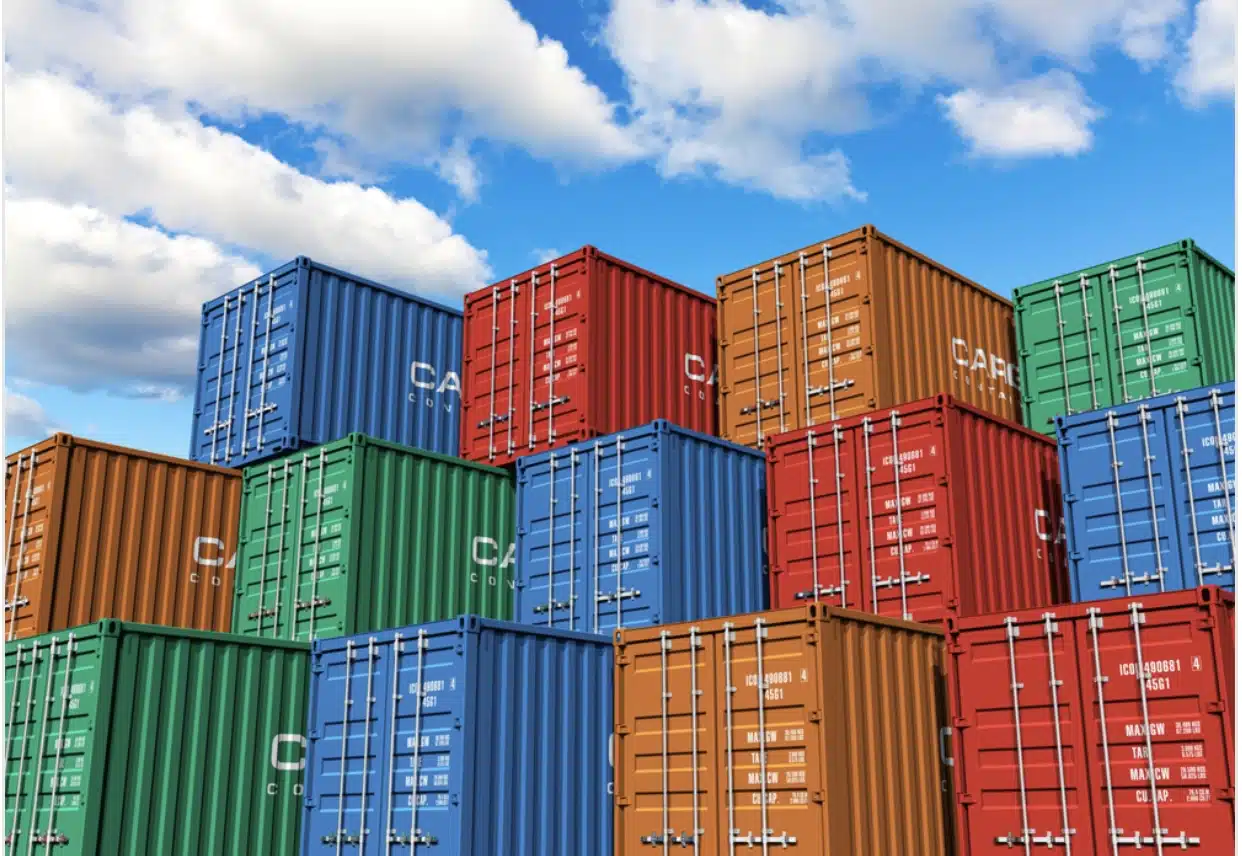Kenya’s banking powerhouses – Equity Group and KCB Group – are facing a defining moment in their cross-border growth strategy in the Democratic Republic of Congo (DRC).
At the centre of the storm is Instruction 18, a directive from the Banque Centrale du Congo (BCC) requiring that, by December 2026, all commercial banks operating in the country must be at least 45% owned by Congolese nationals, with four unrelated shareholders each holding no less than 15%.
While the BCC frames the measure as a tool to deepen local financial participation, it’s being met with resistance from publicly traded foreign lenders, particularly Equity Group, which owns 85% of Equity BCDC, and KCB Group, with an identical stake in Trust Merchant Bank (TMB).
Equity Group, through the Association Congolaise des Banques, is seeking exemption for listed companies, arguing that its Shareholder structure already – broad and transparent – already meets the directive.
“It’s a noble structure,” According to James Mwangi, Equity CEO,” but impracticable for quoted groups whose shares are already widely dispersed. He pointed out that most jurisdictions with similar safeguarding carve out an exemption for listed companies due to their inherent transparency and shareholder diversity.
A pricey compliance
If the exemption is denied, the two Kenyan banks will have to offload approximately 30% of their stakes, placing a combined $388 million worth of shares into the Congolese market – $320 million from Equity BCDC and $68 million from KCB’s TMB. This would amount to one of the largest secondary offerings in Central Africa’s financial history.
This move would not only affect the Bank’s books, but also demand a level of local investor absorption that DRC’s markets may not be deep enough to absorb.
An unready market
In 2022, Equity BCDC conducted a rights issue at $170 per share, near its book value of $176. However, even before the offer opened, parent company Equity Group declared its intention to acquire 77.5% full entitlement, in addition to 96,502 shares allowable. Totalling 418,179 shares in demand above the 415,018 shares the bank has offered for subscription.
The Congolese OTC platform (Euronext) raised a mere $91,934 of the $920,531 target – a stark reflection of the absence of a formal securities exchange and the anaemic participation from local investors.
The country’s Gross Domestic Savings rate hovers around 7.5% of GDP, less than half the rate seen in Kenya. This low savings base directly translates to fewer investable funds and a population that remains largely outside formal finance, with only one in five Congolese adults having access to banking services.
“A forced divestment on this scale risks unsettling foreign capital at a time when the DRC is emerging as a profitable frontier reporting a modest 8.3% Economic Growth last year,” Bloomberg’s analysis observed.“The Congolese capital market isn’t deep enough to absorb this easily.”
A market too small for the storm
While the BCC’s directives reflect a broader push toward economic nationalism, the timing raises questions.
The DRC – with its 80 million people, vast mineral resources, and underbanked population – is emerging as the continent’s next banking goldmine.
In 2024, Equity BCDC delivered $120.75 million in net profits, and KCB’s TMB contributed $80.50 million – figures that outperformed their home-market operations.
For local regulators, it’s about control. For the banks, it’s about certainty. For investors, it’s about risk.
If forced divestments proceed, they could reshape ownership structures, test the depth of local capital, and trigger volatility in a market still lacking the buffers of more mature financial systems.
The coming months will determine whether the DRC’s bold reforms catalyse broader market development or repel the very foreign capital needed to power it.
Exchange rate used: $1 = Ksh129.18, $1 = FC434.50 (as of June 5th, 2025)

